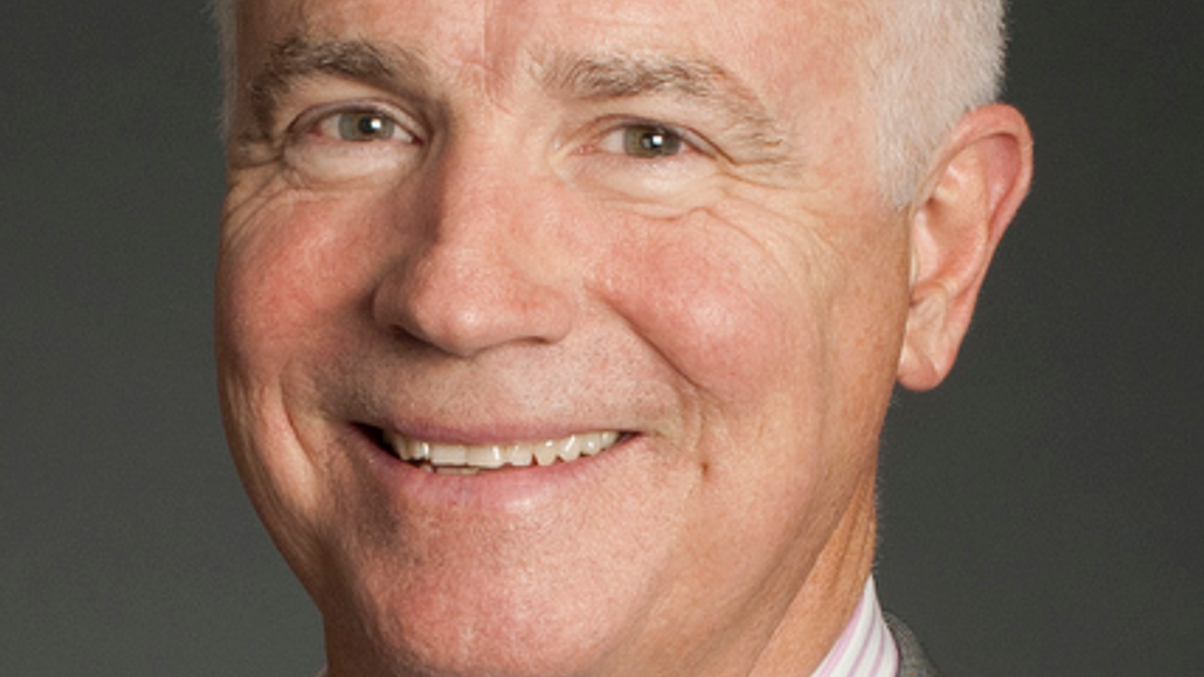Proposals on money markets, Ucits V raise worries
Certain EU and Iosco proposals need work, says industry body ICI Global, which has just opened an Asia-Pacific chapter and welcomed its first Chinese fund house as a member.

Money-market fund recommendations proposed by the International Organization of Securities Commissions (Iosco) last month would be “catastrophic” for the industry, says ICI Global.
Sign in to read on!
Registered users get 2 free articles in 30 days.
Subscribers have full unlimited access to AsianInvestor
Not signed up? New users get 2 free articles per month, plus a 7-day unlimited free trial.
¬ Haymarket Media Limited. All rights reserved.


